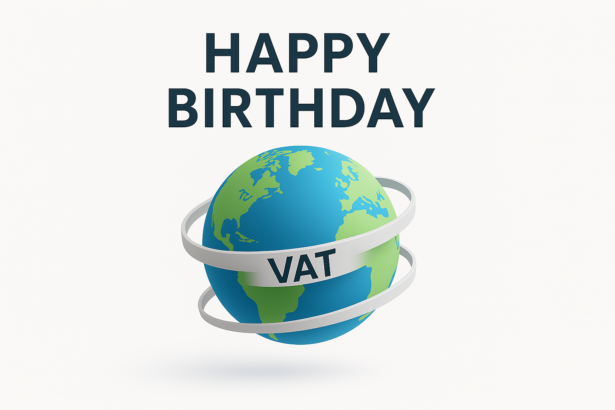Import VAT : cross-border shipments

Despite the increasing development of telecommunications, we are still sending letters, postcards or personal packages on occasion of some special events.
The shipments are much more common in the business world:
- invoices, certified documents, notification letters
- e-commerce goods
- industrial commodities
The impact of VAT on these operations is sometimes underestimated by professionals. The same questions come up often:
- There is never VAT on mailing costs?
- How can we avoid import taxes being claimed from our e-commerce customers?
- Is the import VAT always supported by the carrier?
- Is the import VAT neutral for my business?
Mailing services
Many companies do not deduct VAT on their postal shipments in Europe.
Since postal stamps are in fact VAT exempt, the services of private companies providing express deliveries are subject to VAT.
The related invoices being often treated within expense reports, they are rarely considered for VAT deduction.
Transport of goods
The national transport of goods is subject to the local VAT for any services provided to individuals and locally established taxable persons. Foreign taxable persons are invoiced without VAT under the reverse charge mechanism executable in the country of their establishment.
The intra-community transport of goods is subject to VAT in the country of establishment of the taxable customer or in the country of departure of transport ordered by individuals.
The transport of goods intended for export to countries or territories outside the EU is VAT exempt, regardless the status and the place of residence of the customer. In absence of the proof of export ordered by individuals, its intra-community parcel is taxed in each EU-country for the distance run within the country.
The VAT applied on national or intra-community transport of goods is deductible by VAT registered companies under the conditions of common law.
Import VAT
Despite the simplifications existing within the EU, customs duties and import VAT can still hide nasty news for businesses and individuals.
1. Goods imported into the EU are subject to VAT from EUR 1.
For distance sales, it is possible to benefit from an import VAT exemption applicable to packages with an intrinsic value less than or equal to €150 excluding VAT, by getting registered in import-one-stop-shop (IOSS) . Non-European companies must appoint a local representative for such registration. The deliveries will still be subject to the VAT in the consumer’s country, but it will be invoiced at the time of online purchase. This will avoid any inconvenience to customers which would be otherwise asked to pay the import VAT upon the receipt of their order.
All other imports into the EU (above €150 or intended for businesses) are systematically subject to VAT in the country of customs clearance.
In Europe, several Member States including France have implemented an optional or mandatory deferred payment of the import VAT which can be simply reverse charged in the local VAT return.
This regime allows companies not to pay VAT upon importation. The due VAT amount is automatically included in the related VAT return. The VAT deduction is to be carried out by the taxable person under the conditions of common law. This deduction is not automatic in France. Each taxpayer must calculate and indicate the amount of deductible VAT in the VAT return. Otherwise their wouldn’t be any reverse charge, but only a collection of the import VAT.
Foreign companies are obliged to register in France for complying with this compulsory regime which involves the appointment of a local representative for non-European taxable persons.
2. Imports made into countries outside the EU are often subject to indirect taxes equivalent to VAT. These taxes can sometimes be recovered by non-established companies, either as foreign VAT or as local VAT, after their prior VAT registration. The importing companies must get informed about their obligations and rights related to imports.
Regarding the person liable for the import VAT, it is never or rarely the carrier. The carrier may be required indeed to make customs clearance and to advance the import VAT amount before re-invoicing it to the client. A particular attention should be paid to the identification of this VAT which can be hardly visible on international transport invoices mostly exempt from VAT.
It is the contract with the supplier of goods or with the end customer which determines through Incoterms who is responsible for the payment of the import VAT and of customs duties. A very important contractual point to keep in mind in view of the financial impact.
It’s useful to mention that the import VAT is generally deductible/recoverable only by the recipient of the imported goods appearing as such in the import declaration.
BtoBnice remains at your disposal for any advice and support related to the import VAT: contact@btobnice.com



